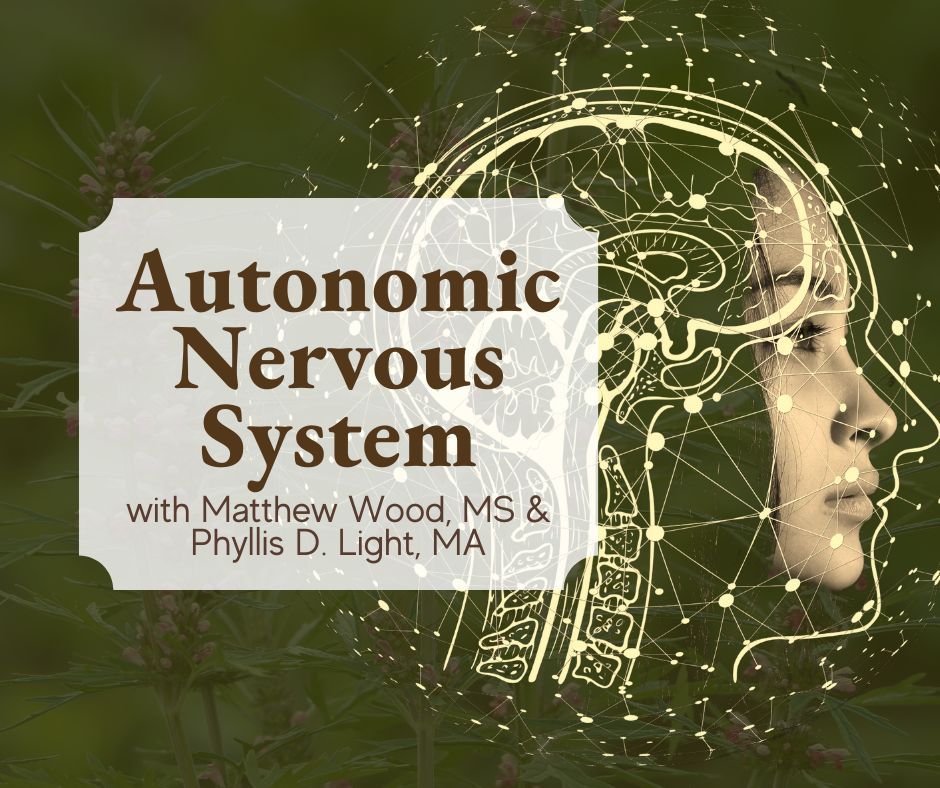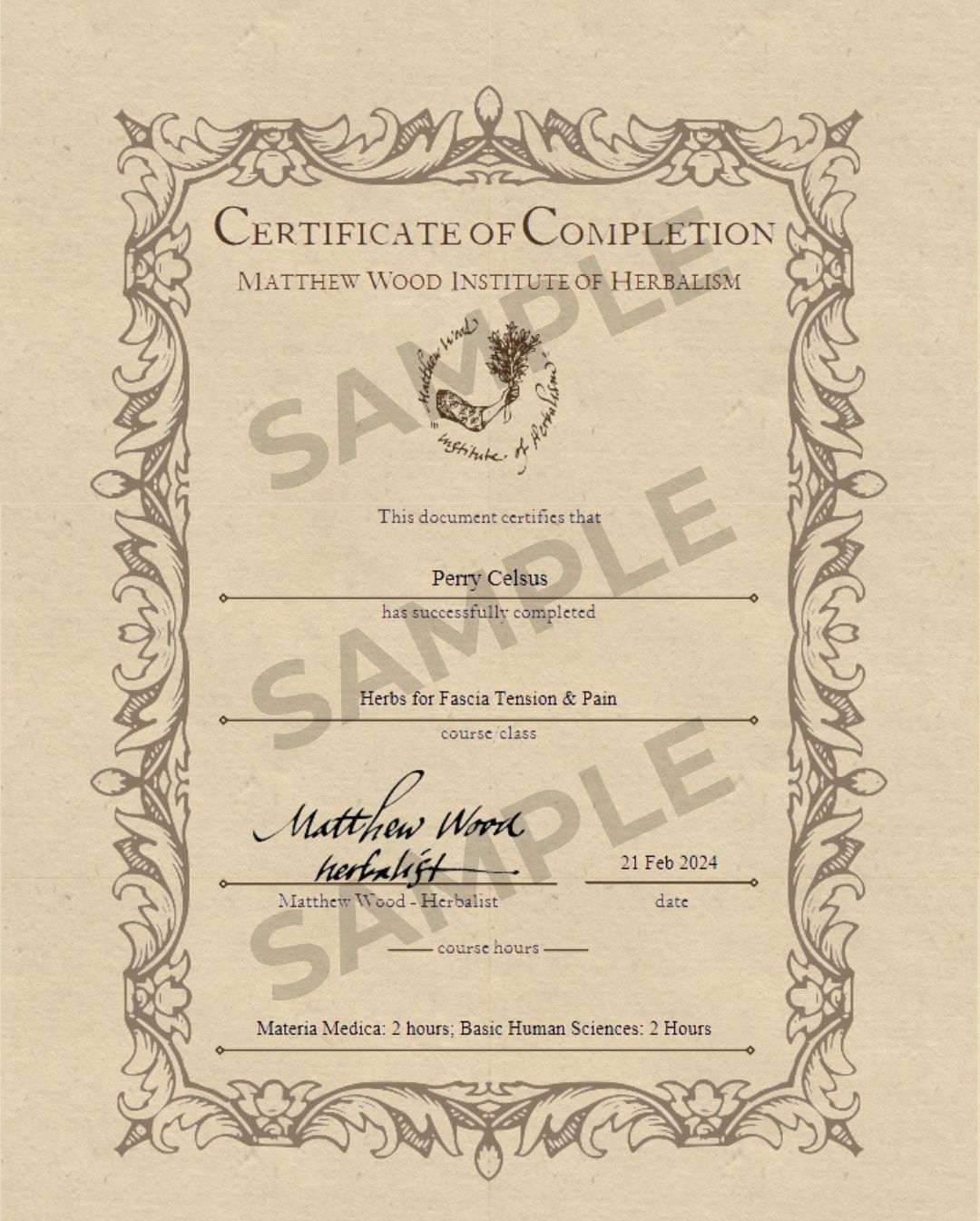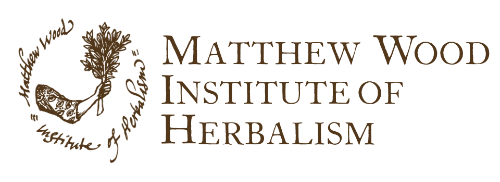
Herbs and the Autonomic Nervous System
Core Functions - Parasympathetic - Sympathetic
Recognize body patterns, and learn the herbs used to support the ANS.
This is probably the single most important system to study, in order to obtain a practical understanding of how the body works. The ANS is primal because of its role in regulating the core functions of the great visceral organs - heart and lungs, stomach and intestines, liver and kidneys - not to mention the all-important thermoregulatory system. Autonomic activities divide into sympathetic and parasympathetic (fight or flight versus rest, relax, rebuild). The autonomic is also controlled by and sends regulatory signals to the endocrine glands and the immune system. Many of the greatest remedying herbs act on the autonomic nervous system.
In this class, Phyllis D. Light shares her time-tested system for identifying Autonomic System dis-regulation patterns or 'types'.
Do you see yourself, loved ones, or clients with any of these patterns?
Phyllis and Matthew share a variety of herbal remedies for each type, as well as lifestyle changes that can significantly help!
We are only sharing 3 of the 13 here.
Do you see yourself, loved ones, or clients with any of these patterns?
- The thin person who looks older than their biological age, with sunken eyes and dark circles around the eyes. This person may be overworked or has been traumatized and has trouble sleeping.
- The person who looks really healthy, with apparent good circulation, but thin skin and bulging veins. May have trouble convincing others of their problems because they look so healthy. May look younger than their chronological age. May have a weakness/huskiness in their voice and weakness in the muscles.
- The nervous person with thinning hair, hair loss, or baldness. Feelings of uneasy at night. Sleeps better with another person or pet in the room.
Phyllis and Matthew share a variety of herbal remedies for each type, as well as lifestyle changes that can significantly help!
Includes
Support Materials
217 pgs of manuscripts from Matthew
11 pg handout on Adaptogens by Phyllis
Video
2.5 hours of teaching
Certificate
Certificate included
(see more below)
Pay Once = One Year Access
1 year to view and review content, ask questions and discuss
This is for you if you...
Upon completion, you will...
Teachers
Matthew Wood, MS
Matthew Wood has been a practicing herbalist for over forty years. He is an internationally known teacher and author with more than ten books to his credit. Matthew has an MSc in herbal medicine from the Scottish School of Herbal Medicine (accredited, U. of Wales). He lives in the Midwest.
Phyllis D. Light, MA
As a 4th generation herbalist, Phyllis started with lessons from her grandmother who taught from her Creek/Cherokee heritage. Phyllis has studied and worked with herbs, foods, and other healing techniques for 30+ years. She is the author of Southern Folk Medicine and co-author of Traditional Western Herbalism Pulse Evaluation.
Certificate Included

-
How to Get a Certificate
- Complete course materials
- Pass the test with a grade of 70% or better
- Save or print your certificate!
Available with subscription and individual course purchases.
-
Accreditation hours
This course is a total of 5 accredited hours- 3.5 hours Basic Human Sciences
- 1.5 hours Pharmacy, Pharmacognosy, and Dispensing
*Please check with your accrediting agency whether they will accept accredited hours or certificates from the Matthew Wood Institute of Herbalism
Write your awesome label here.
Herbs and the Autonomic Nervous System
Understand the body's primal regulator – the autonomic nervous system – and the herbs that help it function well.
Looking For A DEEPER JOURNEY INTO HERBALISM?

